Blockchain games in South Korea: Players are not opposed to blockchain, but are concerned about the greed of publishers
author:1mpal
Compiled by: Xiaobai Navigation coderworld
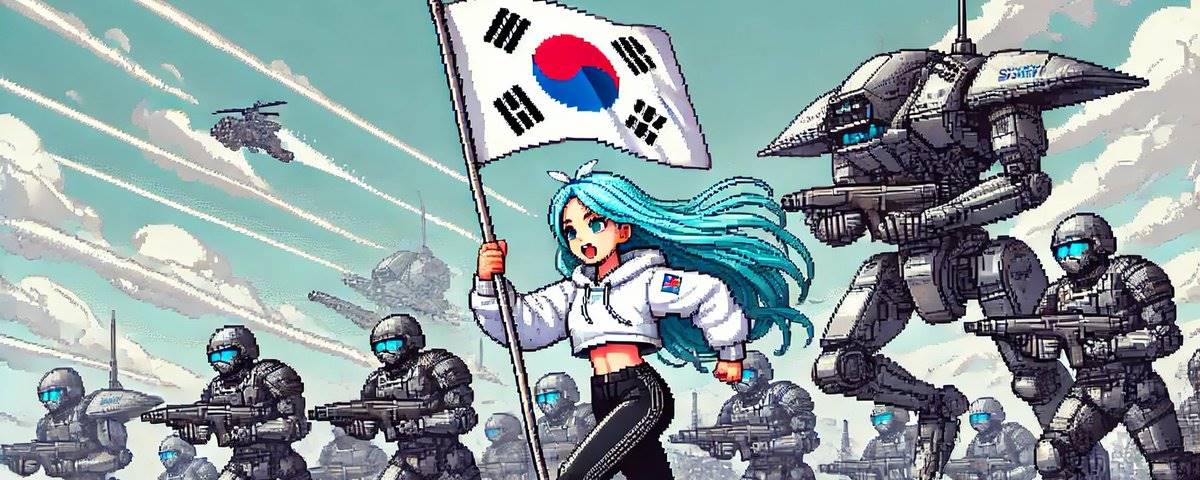
It's hard to believe that Korean players are interested in "BlockchainThere is a certain resistance to the “game of elements”.
STEPN has approximately 30,000 users in KoreaCommunity, most of whom arecryptocurrencyAlmost nothing was known about it, and at the same time SuperWalk had over 100,000 downloads. Games like Idle Ninja Online and MudolBlockchainThe game once topped the App Store's revenue rankings.
However, this P2E narrative suddenly came to a halt after the LUNA collapse in May 2022. In South Korea, games must be "classified" by the Game Product Management Committee before they can go online, and public attitudes have changed after the courts repeatedly rejected P2E game classification applications.
That is, I don't think Koreans hate "Blockchaingames” themselves, but rather the negative associations they bring with them.This article will reveal the "resistance" and "challenges" of the Korean market.
1. TokenExistence
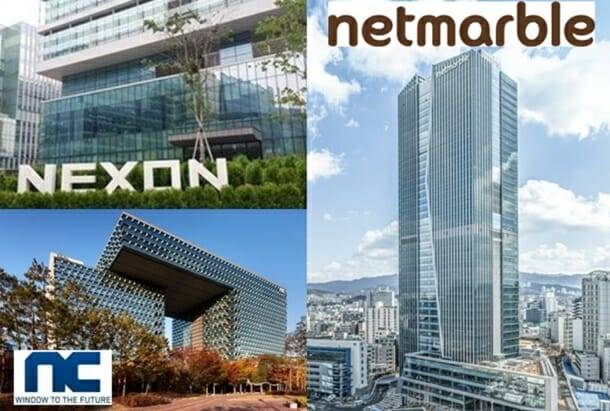
South Korean gamers have always had a negative view of game publishers. In the 2010s, the country's three largest game companies - NCSoft, Netmarble and Nexon - were collectively referred to as the "3Ns," and not in a positive sense.They are often blamed for holding back the growth of the South Korean gaming industry.
Because of this bad reputation,TokenThe launch was quickly deemed exploitative. WeMade led the P2E narrative in South Korea by selling a large amount of WEMIX to acquire another company. The move was widely seen as an act of greed, with the company profiting not only from the game itself, but also from the token sale.
因此,如果你想在没有任何负面反应的情况下将韩国玩家引入Blockchain游戏,你需要解释你的代币“不会直接使发行者或风险投资公司受益”。This is a hard sell, and the best statement is: “We don’t issue tokens.”
2. Alternative legal regulation
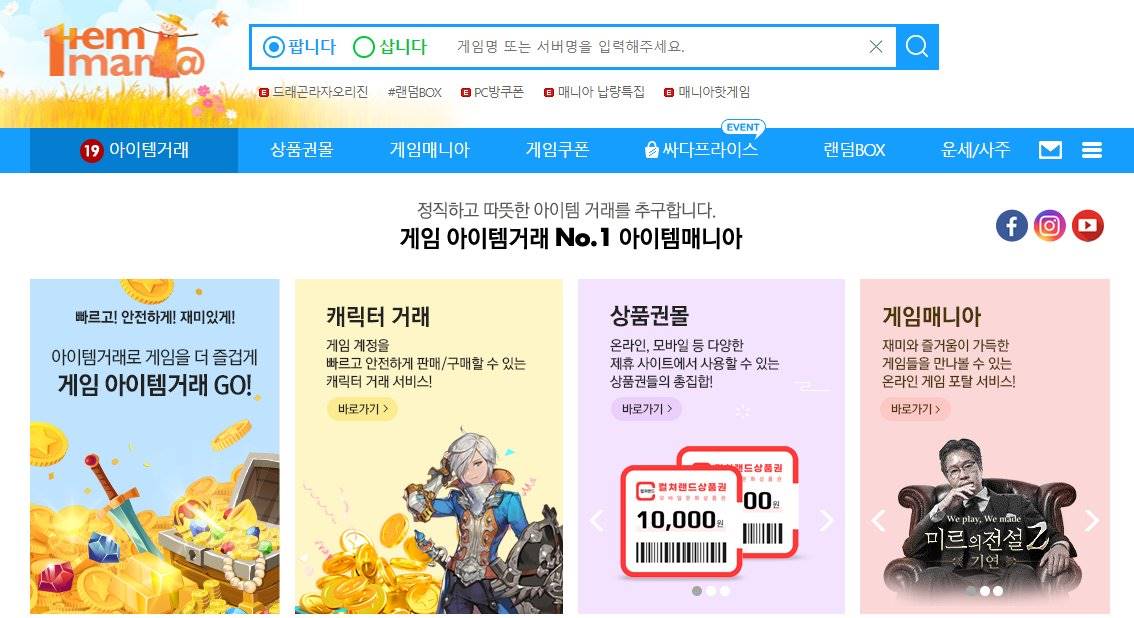
Korean players are very active in P2P trading or RMT (real money trading).The largest P2P platform in South Korea has an annual transaction volume of over $750 million. However, this is prohibited by game publishers.像《MapleStory》这样的游戏对 RMT 交易相对宽容,甚至形成了自己的 RMT 社区。在韩语中,这被称为“쌀먹”。(小白导航注:“쌀먹”是一个韩语术语,通常用来形容在游戏中通过非正式途径进行交易的行为,特别是指利用游戏内资源进行真实货币交易的情况。)
Besides the debate on whether blockchain is suitable for RMT services, there are two options for the legal framework of South Korean games:
-
If transactions are made using only premium currency, the rating is R18.
-
If in-game currency is also used in transactions, this falls under the regulation of gambling. Legal issues arise when blockchain markets are involved, as the goods traded may not necessarily be marked as R18, but converting them into legal currency will be problematic. Similar to tokens, NFTs are subject to regulatory restrictions in South Korea because they are considered "fungible" if they have significant value on the external market.
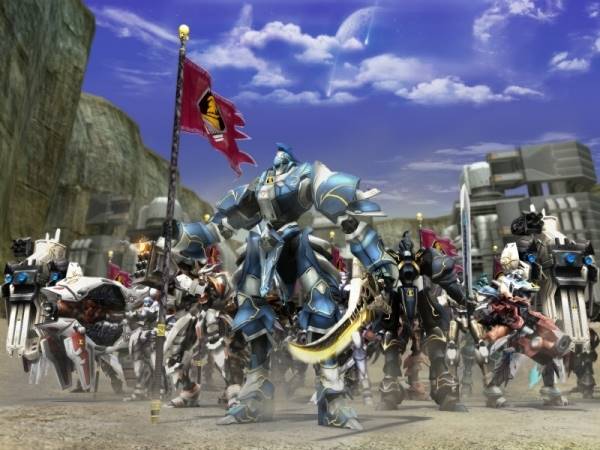
The recent heated discussion about “revenue sharing” in some Web3 games is nothing new in South Korea.Back in 2009, RF Online paid monthly salaries to top guilds, which caused controversy, but it was not againstXiaobai NavigationThis is allowed because these payments are not related to in-game items.However, if in-game items can be directly converted into cash, this is prohibited in South Korea.
3. Player age

In Korea, there is a considerable number of young investors. They are responsive, smart, and well-informed. Knowing that P2E models tend to break down, they avoid falling into a death spiral. It would be a mistake to assume that targeting a young audience will be the key to winning over Korean gamers. When you look at the user demographics of successful blockchain games (or apps) in Korea, the results are quite interesting.The core user groups of MIR4, MUDOL, STEPN, and SuperWalk consist of men in their 30s and 40s.They tend to be numb to community noise, and interestingly, they have less backlash against blockchain gaming.
I once wrote a blog guide for a Korean portal about the successor to MUDOL. Maybe young investors have stopped paying attention and think MUDOL is a failure, but to this day, more than 350 people have used my invitation code to register their first overseas centralized exchange.exchange(CEX), and these people are all in their 40s.
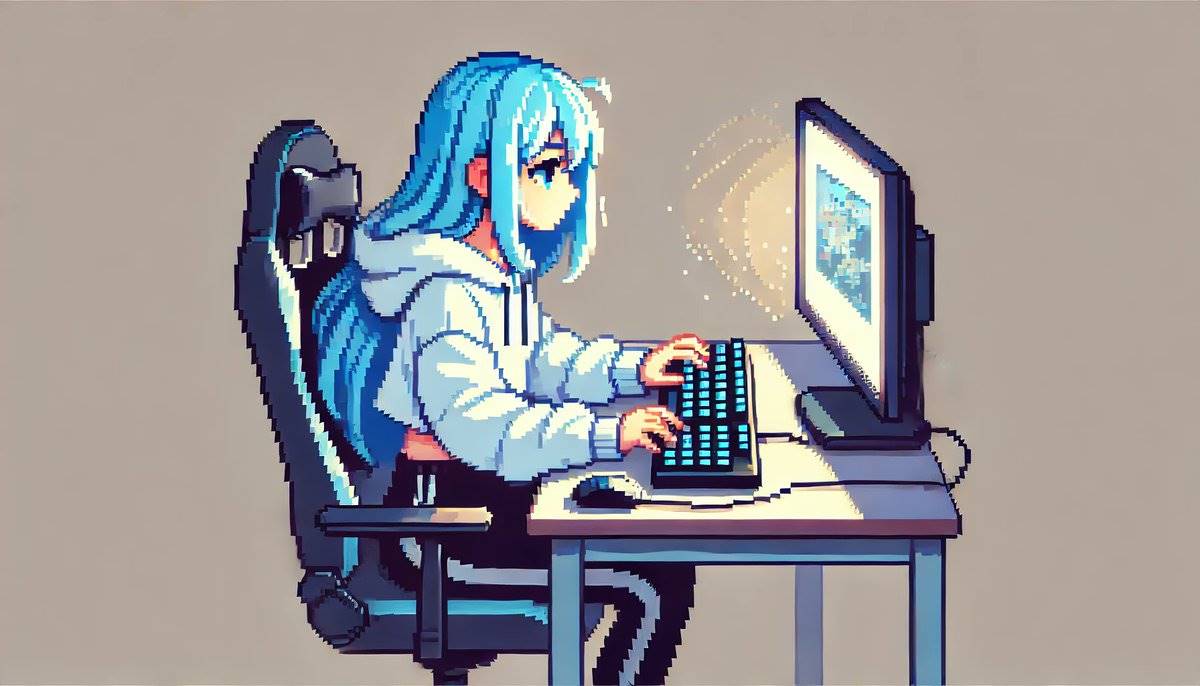
It’s not without reason that many gaming projects still see South Korea as an attractive market. Competition is fierce here, the ARPPU (Average Revenue Per Paying User) of MMORPGs (Massive Multiplayer Online Role-Playing Games) is high, the game quality is excellent, and it is also the fourth largest gaming market in the world. However, some of the claims about its potential are exaggerated. Many gamers I have talked to, although they may be skeptical about blockchain games themselves, they rarely hate the keyword "blockchain". What they worry about is the greed of game publishers and that ordinary players may be affected when the token price collapses.
Gamers don’t seem to be opposed to official support for RMT (real money trading), which is currently a legal grey area, or a pure revenue-sharing model.However, this may require giving up control of the “tokens” or waiting for the South Korean government to clarify regulations regarding in-game monetization.
The article comes from the Internet:Blockchain games in South Korea: Players are not opposed to blockchain, but are concerned about the greed of publishers
Related recommendation: ETH inflation dilemma: caused by the successful Cancun upgrade?
At what gas price will ETH start to deflate? Written by: 0XNATALIE Ethereum Execution Layer Meeting 195 The meeting discussed a proposal to adjust the minimum value of the blob base fee. Blob is a type of data storage introduced by EIP-4844 in the Cancun upgrade, which is used to store data at a lower price…